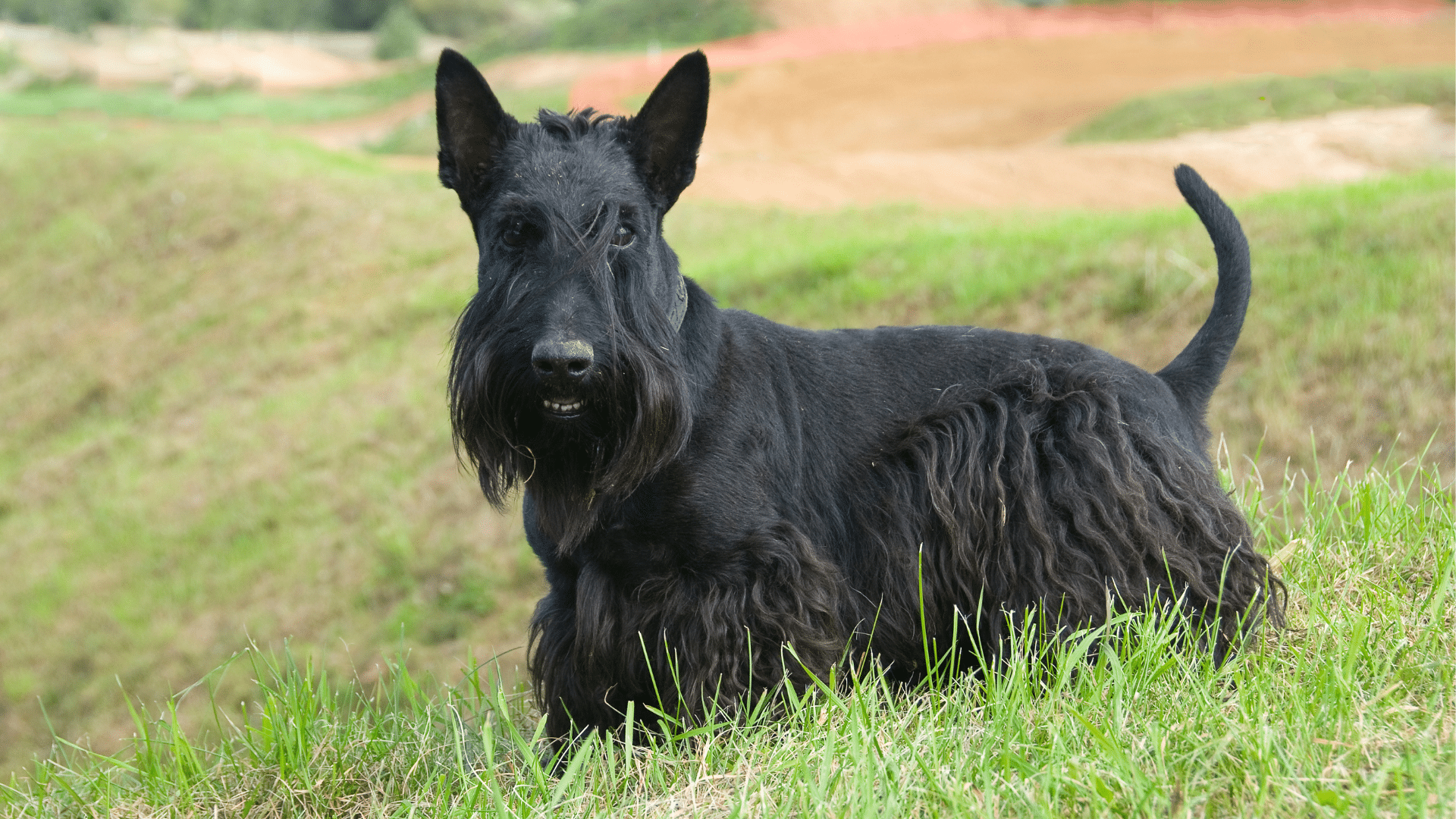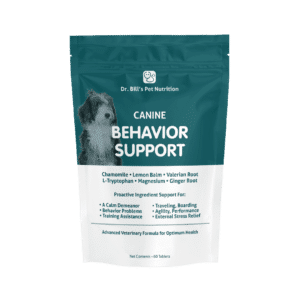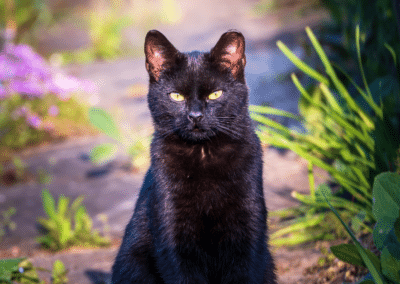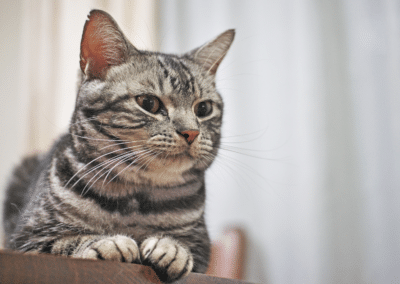This spirited, confident, and energetic breed is a true terrier, which also makes them excellent watchdogs. Despite their short stumpy legs, the Scottish Terrier necessitates regular exercise and mental stimulation. Exhibiting unique physical traits, such as their bushy eyebrows and distinctive beard, this popular breed is known for its ability to fit a powerful dog into a relatively small package. Is the Scottish Terrier right for your household? Keep reading to learn the history, temperament, appearance, health concerns, dietary requirements, and other interesting facts of the lovable Scottish Terrier.
Scottish Terrier History
While the exact origin of the Scottish Terrier is unclear, it’s believed to be the oldest of all the Highland terriers. Derived from the Scottish Highlands, terrier breeds have lived in this area for many centuries and were formerly utilized as hunters and farm dogs. During the late 1800s in Scotland, breeders finally began to differentiate their many types of terriers; which resulted in the White Terrier, Skye Terrier, Cairn Terrier, and ultimately the Scottish Terrier. Arriving to the United States in 1883, they were very quickly recognized by the American Kennel Club as an official breed in 1885. After rising in popularity throughout the 1900’s, the Scottish Terrier is now one of the most popular canine breeds in the world.
Temperament
Scottish Terriers, often called Scotties, make excellent pets for those who can provide a soft but firm handling and especially in homes without children. In fact, Scotties are ranked as one of the most prominent breeds to snap at young kids, although are known to get along with older children who treat them with respect. Independent, feisty, and easily excitable, the Scottish Terrier can sometimes become moody and may only take to one person during these stubborn moments. To avoid these unfavorable personality traits, it’s important to take your Scottie for regular walks and play with them every day. While they don’t often yap, they have a loud powerful bark that can help with scaring off unsuspecting burglars.
Appearance
With their yellow, black, or brindle furr, these dogs have a coarse overcoat with a soft undercoat. A Scottie’s coat fortunately doesn’t shed much, although it does grow continuously and requires specialized care. To prevent overgrowth, they need to be bathed and professionally groomed every two or three months, so make sure you have room in your budget for these essential regular appointments. Between grooming sessions, it’s additionally important to brush their coat at least twice per week to remove any tangles and dirt.
Health Concerns
As Scottish Terriers are known to be moderately healthy dogs, they can develop several inherited conditions that are unique to the breed. A disorder called Scottie Cramps is commonly seen when their legs hyperextend and results in walking difficulties. Another issue frequently seen in this breed is called Patellar Luxation, when their kneecaps shift and are displaced to one side. Other health issues commonly seen in Scotties include bleeding disorders, infections, autoimmune diseases, joint issues, and various allergies.
Interesting Scottish Terrier Facts
- Given their history of hunting, Scottish Terriers instinctively chase mice, rats, squirrels, chipmunks, possums, and any other vermin.
- A classic Monopoly game piece is fashioned after the Scottish Terrier.
- Scotties have been popular with royalty and leaders around the world, including King James, Queen Victoria, President Roosevelt, and many more.
- These dogs enjoy games and running after vermin, however they curiously don’t play fetch.
Caring for Scottish Terriers
Scotties are known for their insatiable appetites, and the correct amount and type of food you should feed your Terrier depends primarily on their age, weight, and activity level. Originally formulated to help performance dogs reach their maximum potential, Canine Ultimate Fitness & Health is a delicious, concentrated nutritional powder, providing a balanced blend of 55-nutrients your Scottish Terrier needs for better health, increased activity, maximized performance, the prevention of age-related diseases, and ultimately a longer, healthier, and more enjoyable life.
-
Canine Optimum Skin & Coat$34.99 – $63.99 — or subscribe and save 10%
-
Canine Ultimate Fitness & Health$37.99 – $69.99 — or subscribe and save 10%
-
Canine Behavior Support$24.99 — or subscribe and save 10%











0 Comments